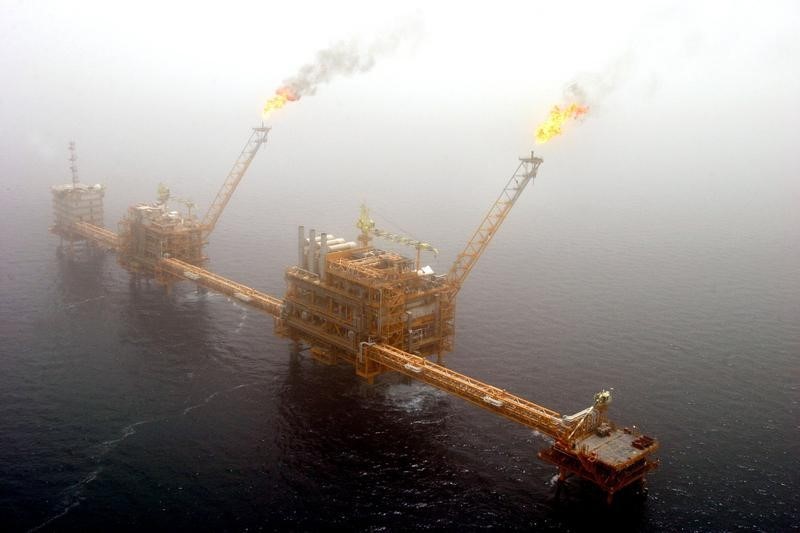US stock futures steady after Wall St gains on rate cut bets; PPI inflation on tap
Investing.com -- ARK recently published its Big Ideas 2025 report, outlining its views on the future of the energy industry, particularly in relation to the Artificial Intelligence revolution. The report emphasizes the importance of energy production to economic growth, highlighting that China added more power capacity in 2023 than would be necessary to meet the estimated power demand from AI data centers through 2030.
The report also notes the impact of nuclear energy regulation on electricity prices. According to ARK’s research, apart from during WWII, U.S. electricity prices fell consistently from the late 1800s until 1974. The U.S. Energy Reorganization Act, enacted in 1974, ended the decline in nuclear construction costs.
ARK’s research suggests a growing interest in nuclear energy, with companies seeking clean and reliable power sources to sustain AI initiatives and meet ambitious net-zero carbon goals. Supported by clear regulations, nuclear fission could provide a cost-competitive, timely solution to increasing power demands globally.
The report also discusses the potential and challenges of Small Modular Reactor (SMR) startups. Despite significant execution risks, the survivors of these startups could thrive and meet near-term demand, thanks to shorter construction timelines, modular design, and scalability. To triple nuclear capacity by 2050, the U.S. needs to build large reactors, SMRs, and microreactors.
However, nuclear fusion still faces significant hurdles to commercialization. Despite approximately 75 years of research, nuclear fusion has not generated net energy in a meaningful way. Private fusion companies are promising breakthroughs as early as 2027, but commercialization could take another 15 years, according to the history of fission.
The report also highlights the potential of other renewable energy sources, such as solar, wind, and stationary energy storage. Tesla (NASDAQ:TSLA), for instance, accounts for approximately 19% of global energy storage today. As battery costs decline, intermittent energy sources are expected to become less problematic. ARK’s modeling suggests that energy-intensive industries will accelerate the pairing of renewables with energy storage, with Bitcoin mining being a prime example.
Finally, the report suggests that regulatory reform could boost all renewables. Between 2009 and 2023, U.S. interconnection approval wait times increased by approximately 80%, from 31 months to 56 months. Quicker approvals could lower project costs and accelerate the scaling of energy-intensive projects.
This article was generated with the support of AI and reviewed by an editor. For more information see our T&C.
